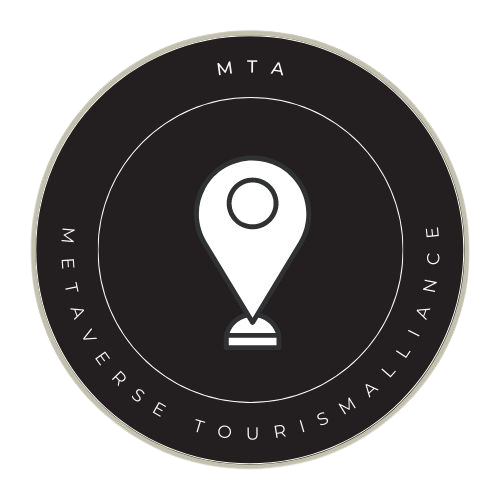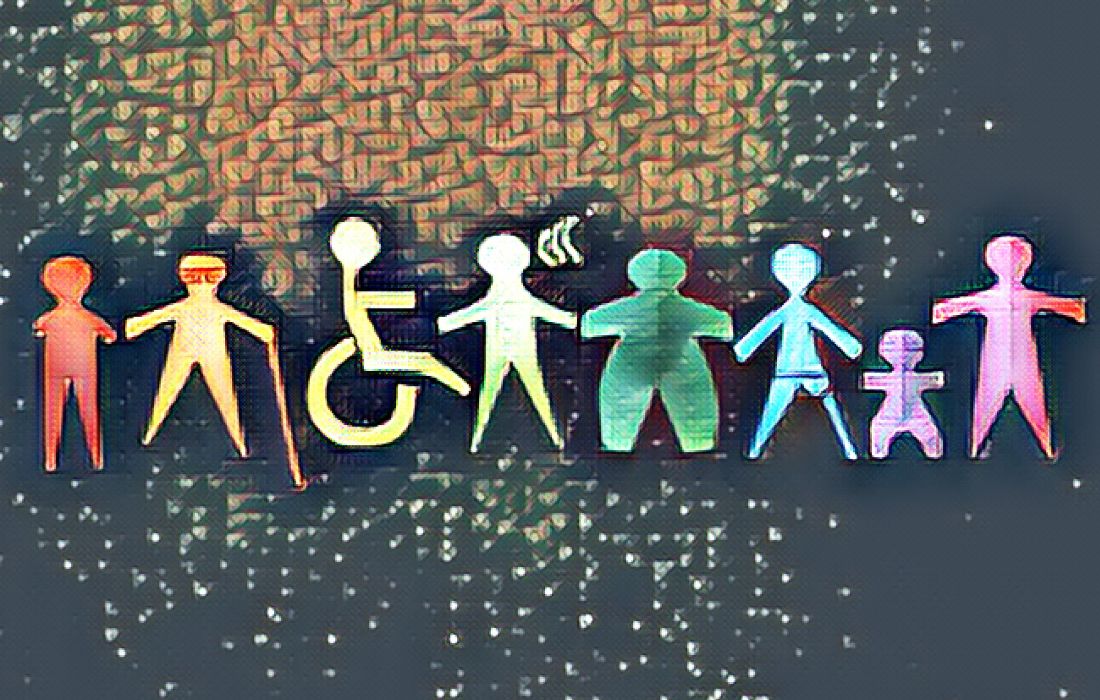Inclusivity is an important consideration for the travel industry. How can we enable individuals all over the world to experience countries, cultures and tourism? According to the World Health Organisation over 16% of the global population has a disability. That equates to approximately 1.3 billion people.
From mobility impairments to mental and intellectual impairments, there is a wide range of different disabilities that need to be catered for. Barriers to tourism may be physical but also may be related to how we communicate, technology and social settings. The Metaverse can help us to remove these barriers and bring more inclusive virtual tourism experiences to life.
Recognising the commercial value of this important consumer market
Fostering an inclusive culture and adapting to meet this demand is crucial for wider appreciation amongst tourists. Show the tourists that you care. Show those that can’t physically travel that you care enough to provide them with a different, unique virtual tourism experience.
The purple pound refers to the spending power of people with disabilities and their families. This figure equates to $490 billion annually in the US. The concept of the Purple Pound delves into the profound significance of inclusion, shedding light on the immense economic influence of disabled households. These households, where at least one member grapples with a disability, represent a vast and often untapped market for businesses. Unfortunately, a lack of accessibility, encompassing both the physical and digital realms, along with a deficiency in disability-friendly customer services, has rendered organizations oblivious to the potential of disabled consumers.
Astonishingly, over 1 in 5 individuals in the UK grapple with a disability, emphasizing the sheer scale of this overlooked market. The staggering £2 billion lost each month by businesses that overlook the needs of disabled individuals reveals a missed opportunity to cater to this substantial demographic. Moreover, a startling 73% of potential disabled customers encounter obstacles when navigating websites, restricting their online interactions.
Unveiling the hidden potential, disabled individuals command a remarkable online spending power exceeding £16 billion. The figures indicate that 4.3 million disabled online shoppers who abandon inaccessible websites wield a combined spending power of £11.75 billion in the UK. Furthermore, as the number of disabled individuals grows, from 11.9 million in 2014 to 13.3 million in 2020, it underscores the urgency for businesses to embrace inclusivity and seize the boundless potential of the Purple Pound.
So, what is an inclusive tourism experience?
The Centre for Global Inclusion defines as inclusive environment as one which ensures equitable access to resources and opportunities for all. It also enables individuals and groups to feel safe, respected, engaged, motivated and value for who they are and for their contributions toward organizational and societal goals.”
Designing barrier-free travel experiences is a key element of developing an inclusive tourism culture. Companies today can use technology to design and enhance travel for all individuals.
Some examples of these experiences include: bringing history to life in a metaverse platform, streaming live content in a virtual world, hosting events, parties and activities in the metaverse, using AR/VR technology to bring existing expereinces to life. The creative opportunities are endless.
Inclusion Considerations for travel organisations
- Develop a strategy to ensure your experiences are accessible without compromising on existing infrastructure
- Partner with a metaverse consultancy to review your existing products and services and help to remove barriers.
- Build inclusive design into your planning and services – Understanding the potential of virtual spaces is crucial when catering for tourists that cannot physically enjoy places. A person in a wheelchair does not need a wheelchair as their avatar but give them the option if they feel more comfortable with one initially. The job of the metaverse is that you can be anything you want and express yourself in new ways.
- Create a policy of inclusion that demonstrates your committment to inclusive tourism.

